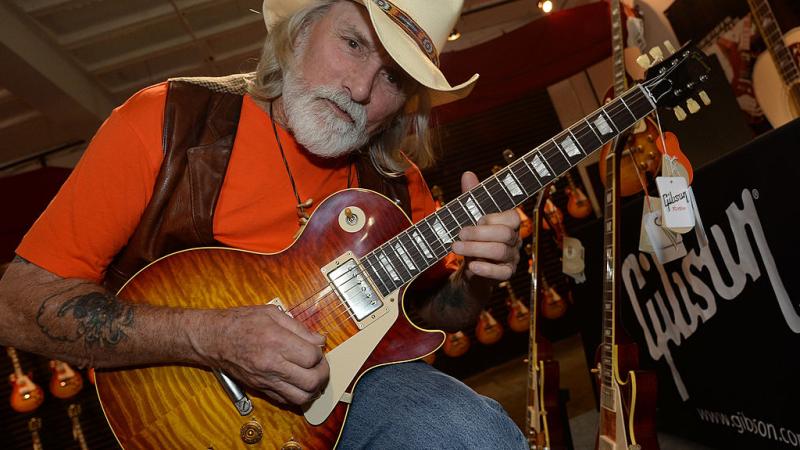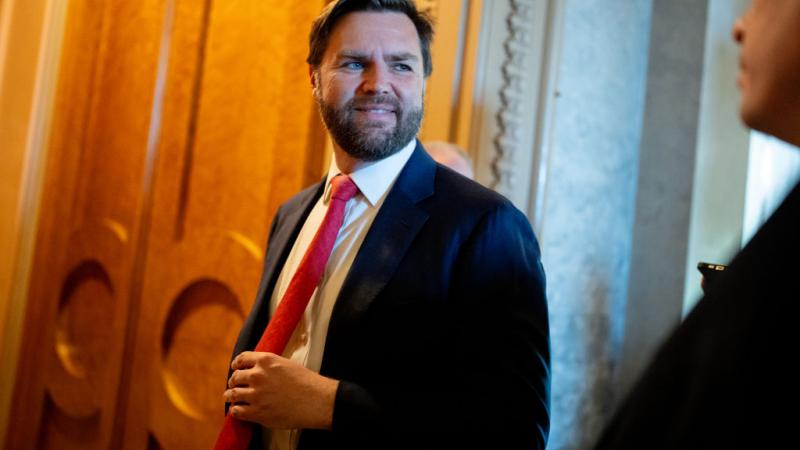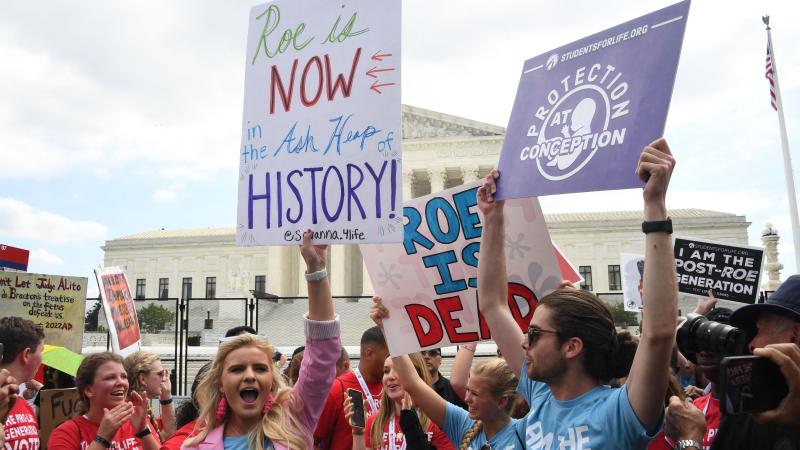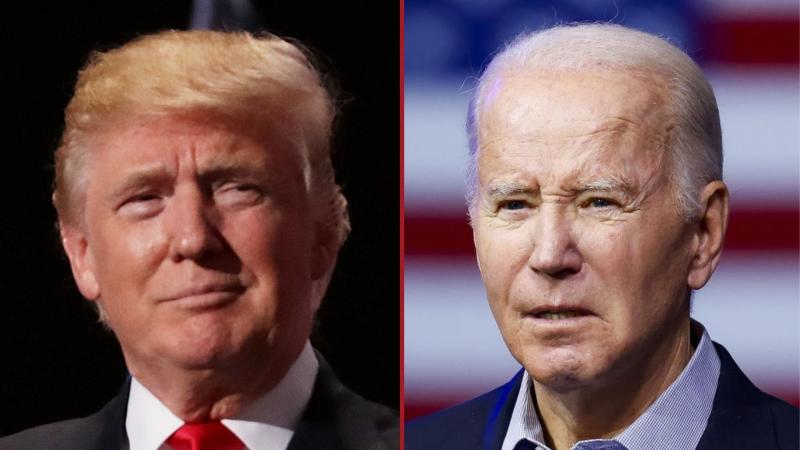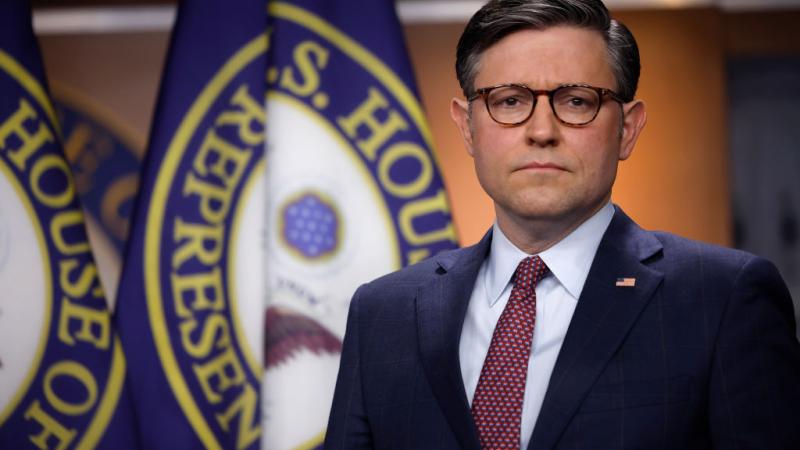Pandemic, polemic sink Oscars, as telecast sees historic drop in viewers
Star-power, cultural clout of formerly iconic spectacle ebbing away in era of streaming platforms, obscure nominees, and Hollywood disdain for Middle America.
Oscar watchers couldn't foresee Anthony Hopkins winning the best actor trophy over heavy favorite Chadwick Boseman Sunday night.
Industry soothsayers did, however, make one pinpoint prediction. The 93rd Academy Awards gala would see a massive ratings swoon.
Awards shows in general are suffering from severe audience withdrawal of late. That growing indifference crushed the recent Grammys, Emmys and Golden Globes broadcasts. The latter, hosted by Tina Fey and Amy Poehler, suffered a 60% drop earlier this year.
This week it was Oscar's turn.
Sunday's ABC telecast drew a tepid 9.85 million viewers, a 58% collapse from last year's TV audience. The numbers for the coveted 18-49 demographic were even more shocking — a 64.2% drop from the previous year.
For context, the Academy Awards gala drew 57.2 million viewers at its peak in 1998, when the record-breaking hit "Titanic" won the best picture nod. As recently as last year, 29.6 million were tuning in, numbers still worthy of its status as a cultural taste maker (however diminished).
The 2021 show's ratings certainly reflect the ongoing pandemic, which forced the show's producers to relocate to a refurbished swath of L.A.'s Union Station for the bulk of the telecast.
The suddenly intimate gathering allowed nominees to accept their honors from across the globe via satellite, a mild step up from the Zoom-heavy appearances of recent live telecasts.
The show's increasingly strident political preaching of recent years clearly didn't help matters. Conservatives make avoiding the telecast a ritual of sorts, eager to evade the night's steady stream of lectures aimed at the other half of the country.
Sunday's telecast wasn't as narrowly and overtly partisan as past shows, with no mention of Presidents Donald Trump or Joe Biden. Yet the first presenter, Oscar-winner Regina King, still brought up the recent Derek Chauvin trial, injecting a blast of Black Lives Matter messaging into the show's first three minutes.
Several honorees spoke out against gun violence, police brutality and the need for more Oscar diversity.
Filmmaker Tyler Perry, on hand to accept the Jean Hersholt Humanitarian Award, struck a more conciliatory note. Perry praised the progress found when people meet in the middle of the ideological divide. He asked the audience not to hate people for their race, their religion — or for serving in police departments nationwide.
Perry's optimism wasn't reflected in the show's overall tone. Despite coproducer Steven Soderbergh's promise of a "joyous" telecast brimming with laughter, the actual show felt glum and sterile, with few attempts at humor during the show's interminable three-plus hour running time.
The Oscars aren't just a chance for Hollywood's glitterati to earn a coveted statuette. For one thing, the event provides a major free advertising platform. The films nominated for an Oscar typically enjoy a brisk bump at the box office, with the winners finding even more attention, and revenue, the morning after.
But that effect has been weakening.
The pandemic shuttered theaters nationwide, and many have yet to recover as they reopen at reduced capacity. The films typically deemed Oscar-worthy in the modern era offer an arthouse experience, a far cry from blockbuster franchises like the Bond series or the "Fast & Furious" installments.
Oscar night once gave Hollywood its chance to wow the nation. The show always went too long, but it served as an extended commercial for Hollywood's best and brightest. Glamour, escapism and a crush of killer movie clips ruled the night, enhanced by some of the industry's funniest hosts.
Now, the host-free affair can't draw a crowd like it once did, and its cultural clout is in a downward spiral. The ratings disaster comes as the streaming revolution continues to gnaw at the theatrical model.
Major American films now debut exclusively on Amazon Prime, Netflix or other streaming giants, bypassing theaters altogether.
Poll after poll showed audiences were mostly unfamiliar with this year's Oscar nominees. It's increasingly rare for blockbusters like "Mad Max: Fury Road" and "Black Panther" to be part of the best picture conversation.
"Nomadland," this year's best picture winner, has earned $2.1 million at the U.S. box office, and now can be seen by Hulu subscribers for free.
The era of the movie star is long over, with today's actors forced to heavily promote their product across media platforms to slice through the media noise. Intellectual properties, more than A-list names, sell the most product.
It doesn't help that the modern movie star is increasingly political, using social media to share inflammatory views that often mock large groups of Americans.
What's curious is how little interest Oscar producers have in addressing these concerns. The New York Times recently revealed how the show's producers track the show's ratings minute by minute, noting how political comments cause viewers to flee.
Still, the show remains politically charged year after year with no attempt to provide a more neutral platform.
The upcoming Oscar diversity quotas, which become official in 2024, may deliver another upper cut to Oscar's golden chin. The rules may leave some wondering if a particular film or star truly earned Oscar's affection, or if the win reflected an inclusion mandate as much as artistic excellence.


